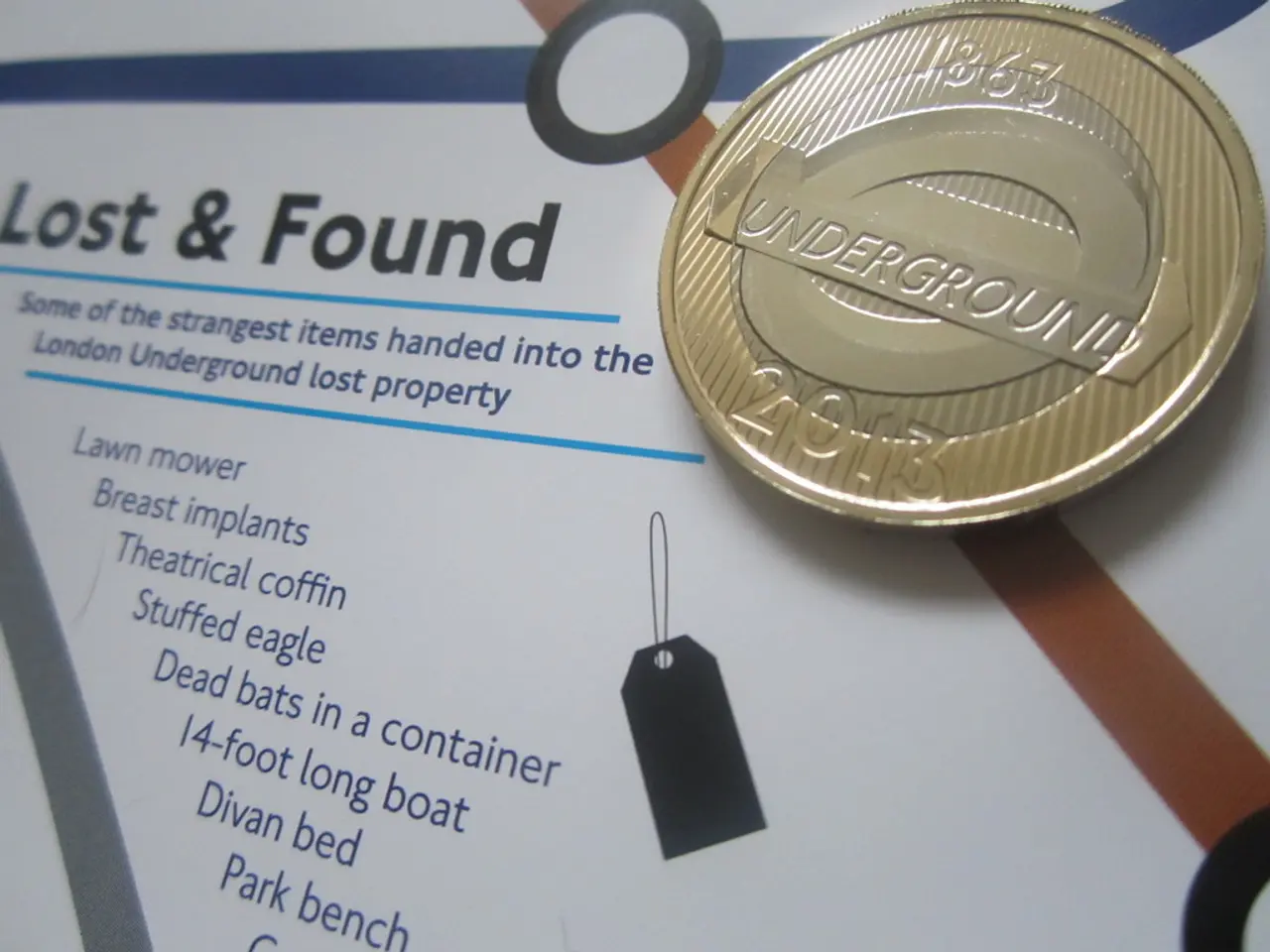Automakers Subaru, Mazda, and Toyota collaborate on reducing carbon emissions in engine technology, blending cooperation and competition as key strategies.
In a recent joint workshop, the leaders of Toyota, Subaru, and Mazda discussed the continued role of traditional internal combustion engines (ICEs) in achieving carbon neutrality and the age of electrification. Instead of abandoning these legacy engines, they plan to co-develop next-generation, more efficient, and high-performance petrol engines that run on carbon-neutral fuels.
Toyota, with its inline 4-cylinder engines, Subaru with its horizontally-opposed engines, and Mazda with its rotary engines, will focus on improving engine efficiency, enhancing compactness and packaging, and complying with stricter CO₂ emissions regulations. They also aim to integrate engines compatible with carbon-neutral fuels such as biofuels or synthetic fuels.
This cooperation among the three automakers reflects their recognition that ICEs still have a role in the transition period toward full electrification. By leveraging improvements and alternative fuels, they hope to contribute to carbon neutrality goals.
Toyota, for instance, is developing new low-displacement inline 4-cylinder engines based on two concepts: one for greater efficiency and compactness through combination with an electric power unit, and another for responding to the diversification of fuels.
The workshop, which took place on May 28, 2022, was also a platform for sharing thoughts on engine development initiatives. Toyota President Koji Sato emphasized the importance of considering future energy options to reduce CO₂ emissions.
In addition to this, the companies have been refining their engine technology in motorsports over the past few years, with a focus on achieving carbon neutrality.
The inline 4-cylinder engine, with its long history and simple structure, has enabled it to support a diverse product lineup. Toyota aims to thoroughly refine the characteristics of its new inline 4-cylinder engines and develop them into powertrains that can create diverse cars in the age of carbon neutrality.
Engines also represent a necessary multi-pathway technology for the popularization of electrified vehicles. The leaders of the three automakers see advanced, cleaner internal combustion engines as complementary assets in the broader age of electrification and carbon neutrality, not as obsolete technologies to be immediately discarded.
Subaru's Mr. Osaki is about to share his passionate thoughts about this endeavor. The workshop was a joint event involving Subaru, Mazda, and Toyota.
References: [1] Toyota, Subaru, and Mazda to co-develop next-generation internal combustion engines for carbon neutrality. (2022, May 28). Retrieved from https://www.toyota-global.com/newsroom/corporate/11471-13802/ [2] Toyota, Subaru, and Mazda to collaborate on cleaner internal combustion engines. (2022, May 28). Retrieved from https://www.subaru.co.jp/news/2022/05/280528-01.html [3] Mazda, Subaru, and Toyota to collaborate on cleaner internal combustion engines. (2022, May 28). Retrieved from https://jp.mazda.com/news/2022/05/280528-01.html [4] The role of internal combustion engines in the transition to carbon neutrality. (2022, May 28). Retrieved from https://www.toyota.co.jp/newsroom/corporate/11471-13802/
- The leaders of Toyota, Subaru, and Mazda are cooperating to develop next-generation petrol engines that run on carbon-neutral fuels, demonstrating that internal combustion engines (ICEs) have a role in the transition period toward full electrification.
- In the workshop, Toyota President Koji Sato discussed the importance of considering future energy options to reduce CO₂ emissions and emphasized the need to refine engine technology to make it compatible with carbon-neutral fuels.
- The cooperation among the three automakers involves efficiently improving ICEs and integrating engines that can utilize biofuels or synthetic fuels as an alternative to traditional petrol.
- With technology advancements in motorsports, the firms have been concentrating on making internal combustion engines cleaner, aiming to contribute to global carbon neutrality goals while maintaining their presence in the era of electrification and environmental-science.




